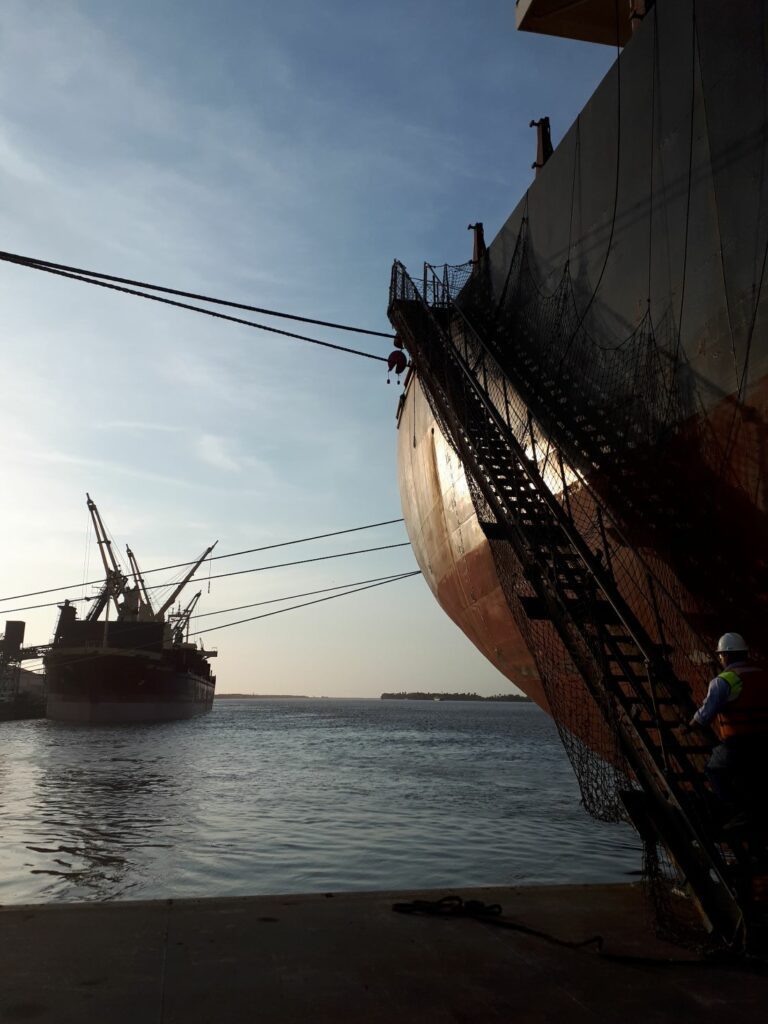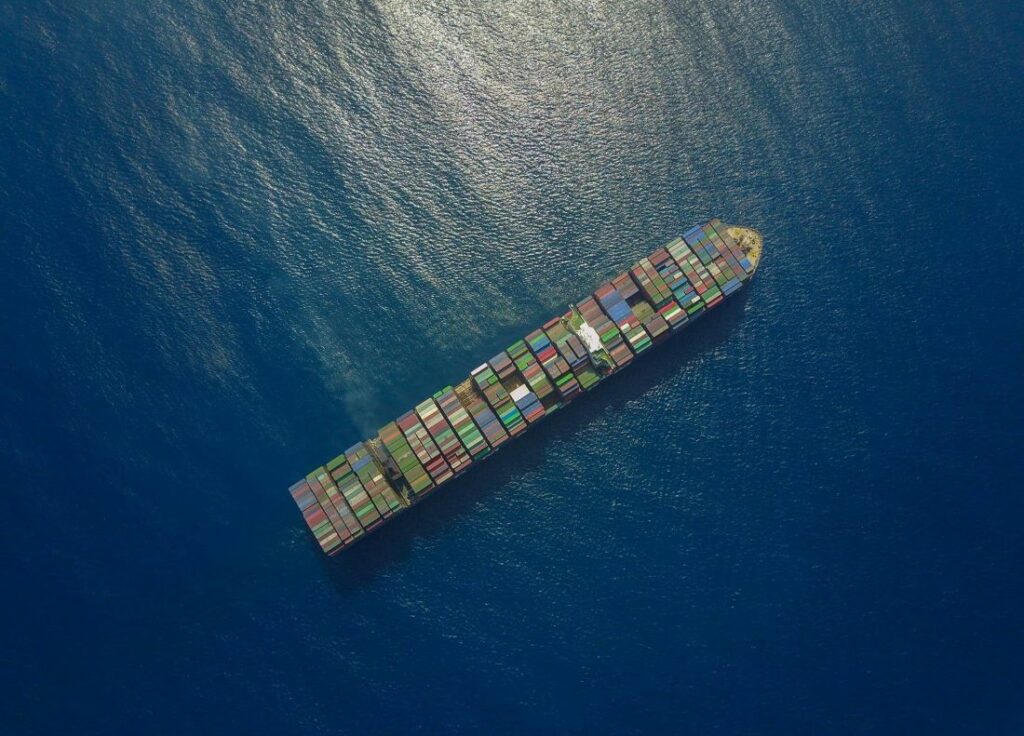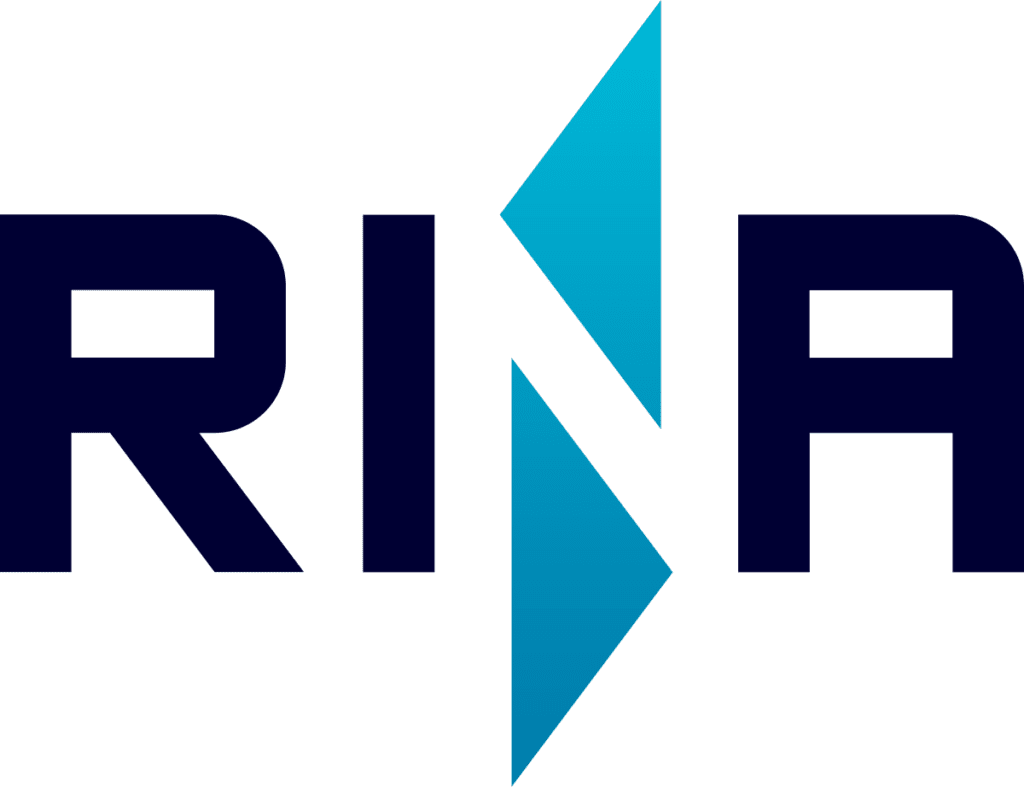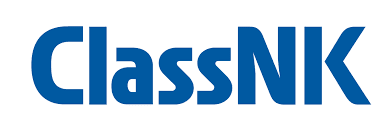Frequent, integrated Pre-assessments & accredited Verification for EU-MRV and UK-MRV.
After each reporting period, your emission reports for EU-MRV and UK-MRV must be verified before submission. This process can be very frustrating and time-consuming: crews searching for and adjusting data collected months earlier, unidentified soft copies of noon reports or other statements, and discrepancies between purchased EUA’s and verified GHG emissions.
Control Union can assist you in two ways:
- We audit and Pre-assess your GHG emissions data frequently (e.g., each month or voyage) before your Emission reports are Verified independently
- Combined with third-party VerifIQ: these audits take place remotely to integrate your crews’ existing Noon-reports, Statements and BDN’s into multiple Emission reports as requested by the authorities.
These services are not exclusive to each other and can be combined.

Benefits of EU-MRV and UK-MRV verification with us
Peace of Mind
Accredited ISO-14065 verification by Control Union.
Our in-house auditors understand shipping and hold all necessary German accreditations from DAkkS
More efficient than Class Societies
Flat and competitive pricing.
No bundling with expensive vessel management solutions that most Class societies deploy.
Your Crew will love it
Avoid hassle and complex data requests.
Our auditors’ periodic checks and pre-validation ensure timely and proactive data quality.
Super effective when combined with VerifIQ
One source of data for all global GHG emissions reporting.
Single-template data input for all regulations.

Why once-a-year verification will not work!
Non-compliance with EU-MRV or UK-MRV can result in severe penalties and even vessel detention. Avoid these consequences with timely and accurate verification. And there is more:
- When you discover discrepancies at year-end from earlier that year, you need to adjust all subsequent reports and statements too. To make everything tally. An administrative nightmare for you and your crew that you can avoid!
- And also: if the EU-ETS dues have already been settled between Owners and Charterers, how to determine what has to be corrected:… we wish you good luck! Prices per EUA are volatile and change fast, so everybody benefits from frequent and fast verification.
How to get Frequent EU-MRV pre-verification?
VPC, trusted all over the world
We are Control Union Vessel Performance Centre B.V. (VPC). We are part of Royal Peterson and Control Union. Our VPC offers vessel compliance and performance solutions to shipping. We deliver our services globally under a single quality system, through our network of Control Union offices. Our central team of experts is your single point of contact for our global services.
Control Union helps you in two ways:
- Our highly qualified ISO14065-verifiers perform pre-verification remotely or on board, so you are sure that your EU-MRV and UK-MRV reports’ submission is smooth, fast and effective.
- Verification in combination with the VerifIQ-tool will reduce your and your crews administrative burden significantly.




